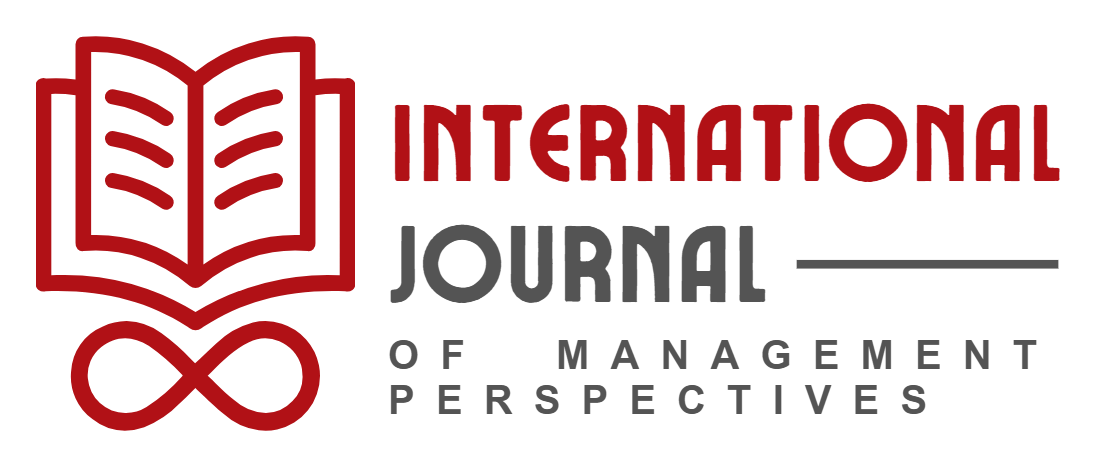 As the name implies, distance learning is a learning system that allows students to study remotely. Instead of attending classes and lectures at a designated learning establishment, students study long-distance with the help of various tools, which typically include online and offline modules, face to face lectures, telephone support and virtual classrooms.
As the name implies, distance learning is a learning system that allows students to study remotely. Instead of attending classes and lectures at a designated learning establishment, students study long-distance with the help of various tools, which typically include online and offline modules, face to face lectures, telephone support and virtual classrooms.
This system is ideal for students who live far away from established colleges and universities, as well as those who require a more flexible learning system than traditional lecture and classes. As the barriers of time and location are removed, learning can be done anywhere in the world, provided students have access to an internet enabled computer. For those aiming to pursue further qualifications for career growth, this type of learning can be especially useful – particularly for students who are studying further while working full-time.
Unlike traditional academic institutions that require students to be present at lectures, e-learning can be done part-time. Students set their own pace, studying when time allows. In today’s competitive business world, this makes it easier for students to juggle demanding jobs, studies as well as family and other obligations.
How Does Distance Learning Work?
How exactly does this learning system work; and what can long distance students expect when learning through correspondence?
- Independent learning. Students are expected to learn independently, with the use of study materials and support channels offered by the institution. This requires self-motivation as well as discipline on the part of the student. With that said, however, when adequate support is provided by the institute, students are still able to receive feedback and interact with teachers.
- Interactive study tools. Classes typically include a variety of study tools and delivery methods. These could range from online lessons to correspondence modules sent via post, emailed assignments, meet-ups, study groups, assessments and examinations. This makes it easier for students to schedule study time, without the typical confines of a traditional classroom environment.
- Assessments and feedback. Students are assessed remotely through work completed via various study channels, with exams done in person at a designated venue. Feedback from lecturers is given to students as each module is marked and assessed, much like a traditional learning system. Feedback and support is a vital part of correspondence learning, and is given via phone, email, virtual classrooms and various other channels that allow students to ask questions, discuss projects and interact with lecturers.
As a long-standing distance learning facility that specialises in business qualifications, REGENT Business School offers a flexible remote learning solution to students wanting to further their education and careers.

